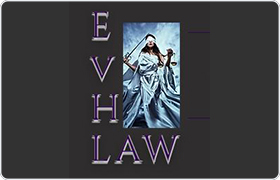Cedar Crest DUI-DWI Lawyer, New Mexico
Sponsored Law Firm
-
 x
x

Click For More Info:
-
Law Office Of Elizabeth V. Han
2601 Wyoming Blvd NE Suite 106 Albuquerque, NM 87111» view mapCriminal Defense and Divorce & Family Law Trust Our Experienced Team
Let the Law Office Of Elizabeth V. Han handle your legal matters.
800-647-3590
Mark A. Keller
✓ VERIFIEDMark A. Keller and his team of attorneys provide aggressive legal defense for people in Albuquerque, the surrounding area and throughout the State of ... (more)
Rachel Walker Al-Yasi
✓ VERIFIEDCriminal Lawyer proudly serving Albuquerque, New Mexico and the surrounding areas. Please call 800-578-4330 to speak with Rachel Walker Al-Yasi today.... (more)
Leonard J. Foster
✓ VERIFIEDLeonard J. Foster accepts cases involving Personal Injury, Criminal Law, Business Law, & Native Peoples and is an active Lawyer practicing in Albuquer... (more)
Ryan D. Baughman
✓ VERIFIEDThe Law Office of Ryan D. Baughman, LLC is a law office based out of Albuquerque, New Mexico. The office is led by solo-practitioner Ryan D. Baughman,... (more)
FREE CONSULTATION
CONTACT Elizabeth Han Albuquerque, NM
Elizabeth Han Albuquerque, NM Practice AreasExpertise
Practice AreasExpertise




